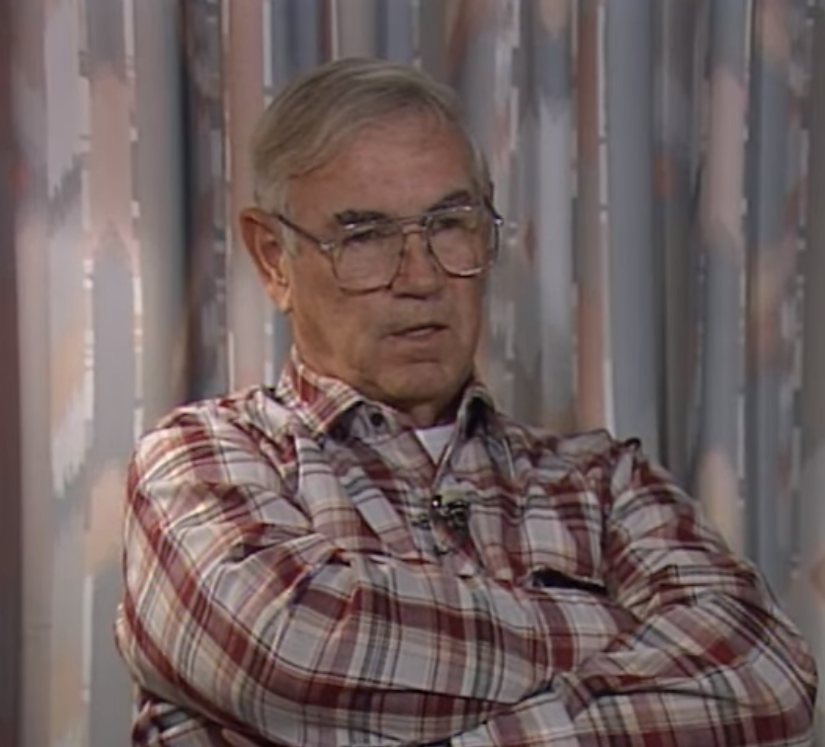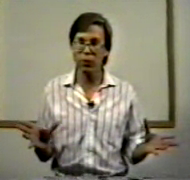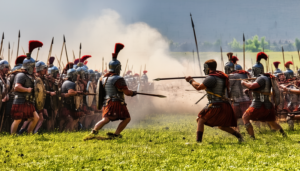Glenn Dennis and the Roswell UFO Mystery: A Witness to the Unknown

Introduction
The Roswell UFO incident of 1947 remains one of the most famous and controversial UFO events in history. Among the key witnesses who emerged decades later to shed light on the alleged cover-up is Glenn Dennis, a mortician from Roswell, New Mexico. His account of strange phone calls, mysterious bodies, and military secrecy added a compelling layer to the Roswell story, fueling speculation about extraterrestrial involvement. Glenn Dennis’s testimony has been both celebrated and scrutinized, making him a central figure in UFO lore.
The Roswell Incident
In July 1947, a rancher near Roswell discovered debris scattered across his property, sparking rumors of a crashed UFO. The U.S. military initially reported recovering a “flying disk” but quickly retracted the statement, claiming the debris was from a weather balloon. For decades, the incident faded from public memory until the late 1970s, when UFO researchers reignited interest.
Glenn Dennis’s Account
Glenn Dennis came forward in the late 1980s, offering a new perspective on the Roswell incident. As a mortician at Ballard Funeral Home in Roswell in 1947, Dennis claimed to have been contacted by the Roswell Army Air Field (RAAF) on multiple occasions around the time of the crash.
- Mysterious Phone Calls
Dennis stated that he received strange calls from the RAAF, asking about the availability of child-sized coffins and how to preserve bodies exposed to the elements. This raised suspicions, as such requests were unusual and not typical of the mortuary’s standard work. - Visit to the Base Hospital
Dennis also recounted being called to the RAAF base, where he witnessed unusual activity. According to his testimony, he saw strange, small bodies with large heads being examined by military personnel. When questioned, a nurse friend at the base allegedly confided that the bodies were not human and described them as having thin limbs, large eyes, and unusual skin. - Military Intimidation
Dennis claimed that after his visit to the base, he was warned by military officials to keep silent. He described being threatened with serious consequences if he ever spoke about what he saw. This intimidation, he said, convinced him to remain silent for decades.
Controversy and Criticism
Glenn Dennis’s account has been met with both intrigue and skepticism. Critics argue that his testimony came too late—over 40 years after the Roswell incident—making it difficult to verify. Additionally, his claims about the nurse who allegedly described the bodies have been questioned, as no concrete evidence of her identity has ever been found.
Some skeptics suggest that Dennis’s story might have been influenced by the growing interest in UFOs during the 1980s, particularly after the publication of books and documentaries about Roswell. Others, however, point to the consistency of his account and the fact that he had nothing to gain financially or professionally by coming forward.
Legacy and Impact
Despite the controversies, Glenn Dennis’s account has become an integral part of the Roswell narrative. His testimony has been featured in books, documentaries, and UFO research, contributing to the enduring mystery of what happened in 1947.
For many UFO enthusiasts, Dennis’s story provides compelling evidence of a government cover-up and the possibility of extraterrestrial visitation. For skeptics, it highlights the challenges of relying on decades-old memories in investigating extraordinary claims.
Conclusion
Glenn Dennis remains a fascinating figure in the history of UFO investigations. His account, while controversial, has helped shape the narrative of the Roswell incident and continues to spark debate about the possibility of extraterrestrial contact. Whether his story is seen as a genuine revelation or a product of human imagination, it underscores humanity’s enduring curiosity about the unknown and our quest to understand the mysteries of the universe.





